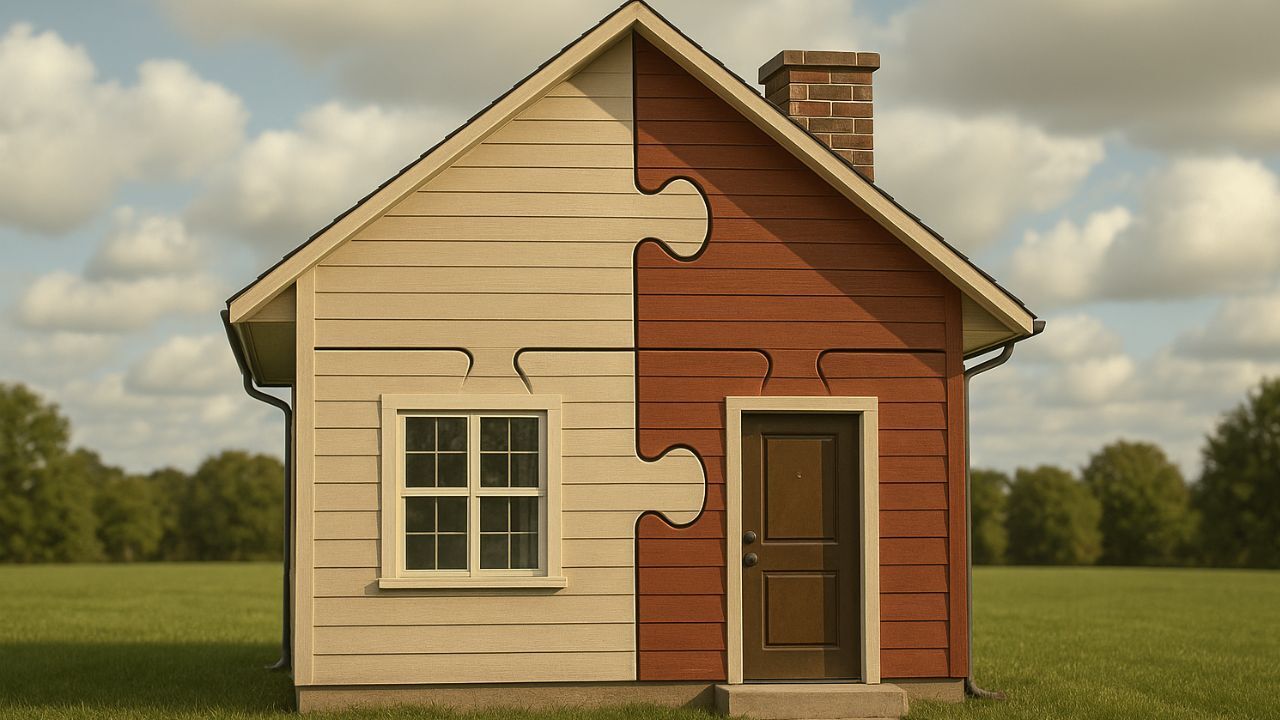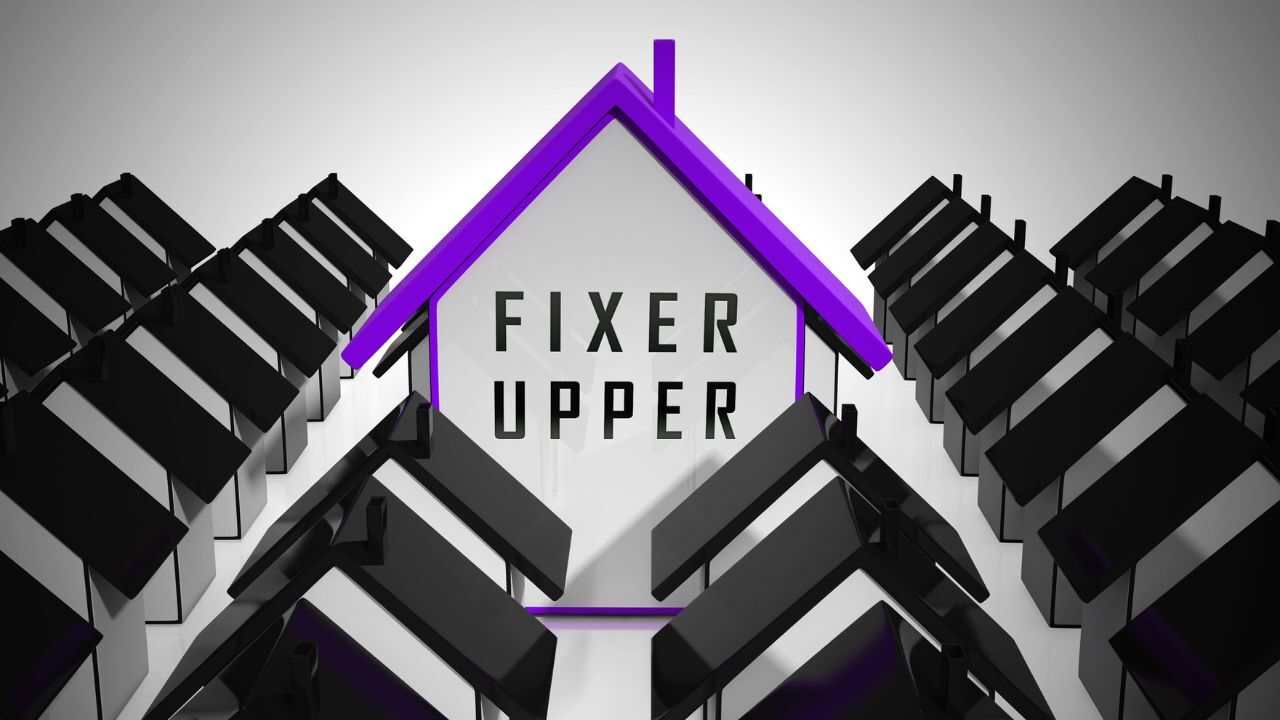 Traditional mortgages are not the only way to finance a home. For buyers who want more flexibility or who face unique financial circumstances, creative mortgage options can provide alternative pathways to homeownership. These products are not always as well-known as standard fixed-rate loans, but they can be powerful tools when used wisely.
Traditional mortgages are not the only way to finance a home. For buyers who want more flexibility or who face unique financial circumstances, creative mortgage options can provide alternative pathways to homeownership. These products are not always as well-known as standard fixed-rate loans, but they can be powerful tools when used wisely.
Shared Appreciation Mortgages Explained
A shared appreciation mortgage allows a lender or investor to provide a loan in exchange for a percentage of the future appreciation of the property. This often means lower monthly payments or reduced upfront costs for the borrower. When the home is sold, refinanced, or after a set period, the investor receives their share of the increase in value.
Benefits of Shared Appreciation
This option can make homeownership more affordable, especially in high-cost areas. It may be appealing to first-time buyers who want to reduce their monthly expenses or to homeowners who want to tap equity without taking on additional debt. By sharing future appreciation, the homeowner gets help today in exchange for giving up a portion of tomorrowís potential gains.
Risks to Consider
While shared appreciation reduces costs in the short term, it comes with trade-offs. If your home value increases significantly, you could end up giving away a large portion of your profit. This structure also adds complexity when it comes to selling or refinancing the property. Borrowers must carefully read the terms and fully understand how appreciation will be calculated.
Other Creative Mortgage Alternatives
In addition to shared appreciation, there are other options worth exploring. Community land trusts help lower purchase prices by separating the cost of the land from the home itself. Lease-to-own arrangements allow renters to build equity while preparing for traditional financing later. Seller financing is another alternative where the seller provides the loan directly, often with more flexible terms than a bank.
Creative mortgage options can be powerful tools, but they are not a one-size-fits-all solution. Before pursuing these paths, consider your financial goals, long-term plans, and how much control you want to retain over future profits.
 Buying a fixer-upper can be an exciting way to get into a desirable neighborhood at a lower price point, while also creating a home that reflects your style and needs. However, financing a property that needs significant repairs can be challenging if you are only looking at traditional mortgage products. The good news is there are several mortgage options designed specifically for buyers who are ready to take on a renovation project. Understanding these options can help you choose the right path to turn a home with potential into your dream property.
Buying a fixer-upper can be an exciting way to get into a desirable neighborhood at a lower price point, while also creating a home that reflects your style and needs. However, financing a property that needs significant repairs can be challenging if you are only looking at traditional mortgage products. The good news is there are several mortgage options designed specifically for buyers who are ready to take on a renovation project. Understanding these options can help you choose the right path to turn a home with potential into your dream property.